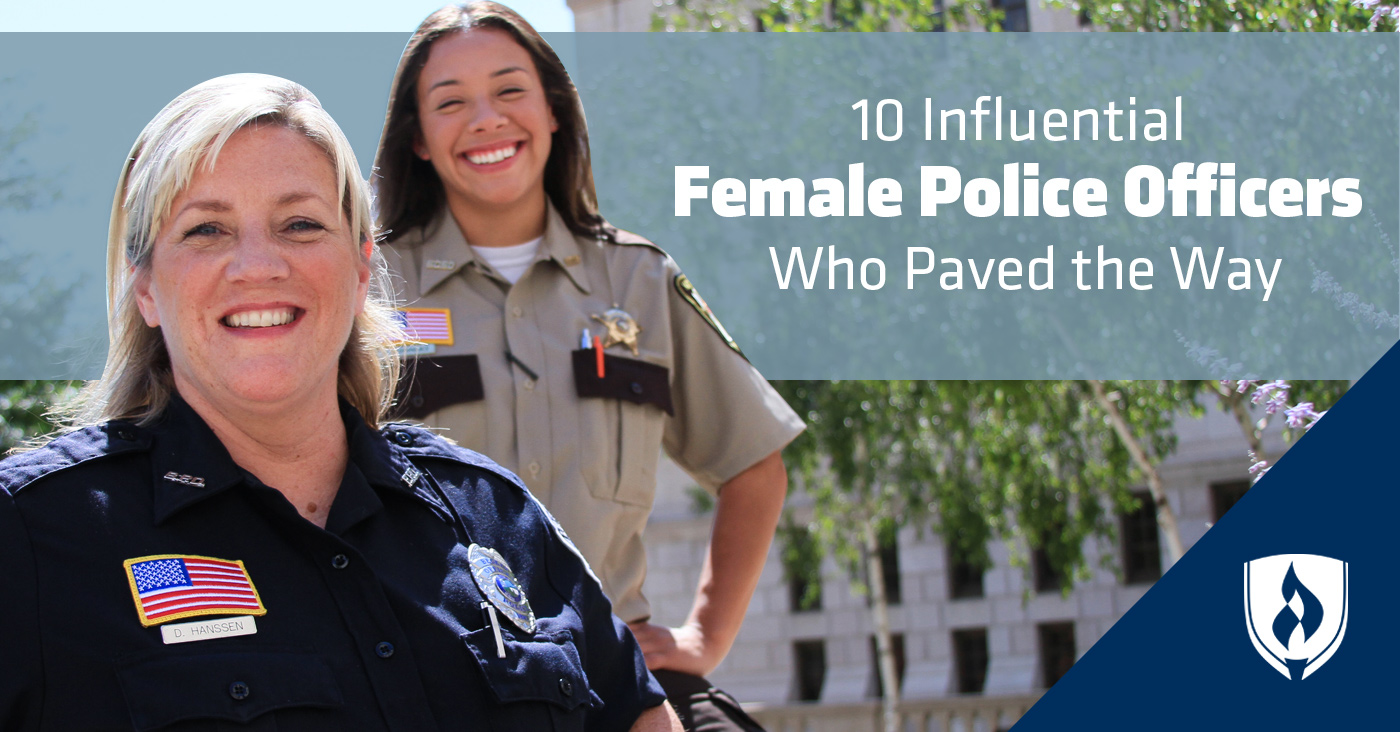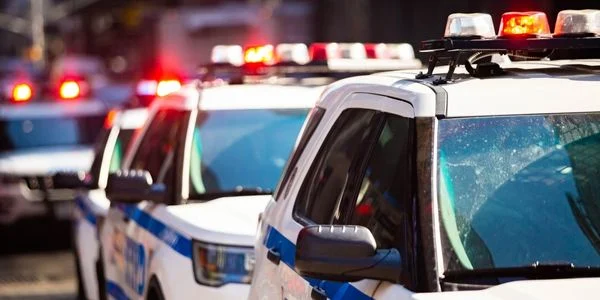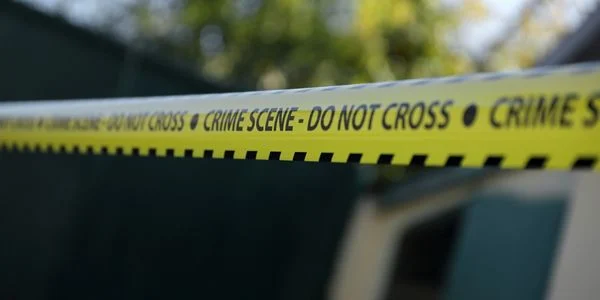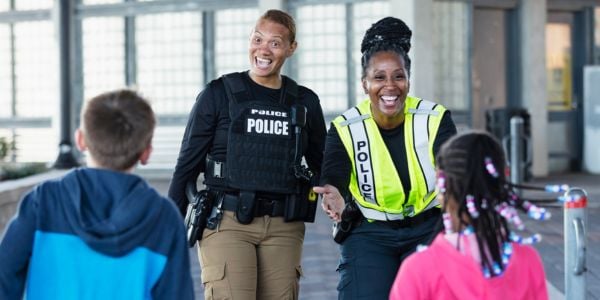
There was a time in our history when the very idea of a female police officer was unheard of. We’ve come a long way since then. Today, there are more than 100,000 sworn female police officers in the United States alone!
This progress didn’t just happen overnight, though. It took years of smaller breakthroughs brought on by these determined female officers in the face of a world that thought of them as nothing more than caretakers and housewives. This list highlights and celebrates some of the most influential female police officers and explains how they impacted the field of law enforcement.
10 influential female police officers who should be remembered
1. Aurora ‘Lola’ Baldwin – Portland, Ore.
In 1908, Lola Baldwin became one of the first* sworn female full-time police officer in the United States. She dedicated her life to assisting troubled young women—spending years essentially as an unpaid social worker prior to her official police duties. Baldwin was required to pass the civil service exam after securing funding from the Portland mayor for a program to assist the city’s “straying daughters.” From 1908-1922, she supervised the Portland Police Department Women’s Protective Division and spent her remaining years as a strong advocate for female police officers.
2. Isabella Goodwin – New York City, N.Y.
Isabella Goodwin became the first female police detective in 1912. She spent years working long hours as a police matron, which was the best she could hope for at the time. However, her fearlessness in the face of danger and penchant for undercover work helped her solve one of the most brazen bank robberies of her time, earning her a promotion to police detective.
3. Penny Harrington – Portland, Ore.
In 1985, Penny Harrington became the first female to lead a major police department in the United States. Despite her excellent service record, the road to the top was not an easy one—she filed more than 40 sexual discrimination lawsuits from 1969-1985 without losing a single suit. After leaving her position as the Portland Chief of Police, Harrington spent several years advising the Los Angeles Police Department on women’s issues and eventually co-founded the National Center for Women and Policing.
4. Beverly J. Harvard – Atlanta, Ga.
Beverly Harvard enrolled in the police academy training as part of a $100 bet with her husband. Upon completion of the program, she worked her way up through the ranks of the Atlanta Police Department to become the department’s first African-American female police chief.
5. Marie Owens - Chicago, Ill.
Marie Owens is one of three women to hold the claim of the United States’ first female police officer*. Owens’ story is much less established than those of her contemporaries as records of her service were only recently publicized by the Chicago Tribune. The Canadian-born Owens joined the Chicago Police Department in 1891, where she was responsible for enforcing child labor and welfare laws.
6./7. Elizabeth Robinson & Betty Blankenship – Indianapolis, Ind.
Robinson and Blankenship are widely recognized as the first female patrol officers after taking on the role in 1972. Their move into patrol marked a large shift in thinking among police, considering women were previously relegated to working in ‘desk’ positions or with juvenile offenders.
8. Georgia Ann Robinson - Los Angeles, Calif.
Georgia Ann Robinson became the first African-American female police officer in 1916—not a small feat considering the prevailing attitudes of the time toward women and African-Americans. She was an active volunteer in several community organizations around Los Angeles prior to being approached by an LAPD recruiter about joining the force. She accepted the position as a jail matron and eventually began working juvenile and homicide cases.
9. Alice Stebbins-Wells - Los Angeles, Calif.
Alice Stebbins-Wells was also considered one of the first* female police officers in the United States when she was hired by the Los Angeles Police Department (LAPD) in 1910. Like Baldwin, Stebbins-Wells spent several years as a social worker before petitioning her city government for the opportunity to become a female officer. The publicity surrounding her hiring paved the way for many other cities to hire female police officers. She also played a key role in organizing the International Policewoman’s Association in 1915.
10. Mary Sullivan – New York City, N.Y.
Mary Sullivan became the first female homicide detective in 1918. Sullivan grew up in a police family, so when the combination of financial strain from the passing of her husband and the opportunity to join the ranks presented itself, she jumped at the chance. Sullivan finished in the top five of her class and her penchant for taking on and succeeding in undercover roles helped prove her value as an officer, culminating in her appointment to the NYPD homicide squad.
Blaze a trail
The days of low-paying work as a ‘prison matron’ are long gone, but there is still room for improvement. Only 20 percent of all sworn police officers were female as of 2008, according to the U.S. Department of Justice. That’s not to say the job is for everyone—you have to be both mentally and physically tough to make it in this career.
If you think you’ve got what it takes to build upon the foundation these female police officers have laid, a Law Enforcement Degree can set you on the path toward a rewarding career in law enforcement. If you’re not quite ready to make that step, learn more about the opportunities available for women in law enforcement. Also check out our article. "I Want to Be a Police Officer ... Now What?".
Related Articles:
- Police Officer Workout Routines that Will Get You in Service Shape
- Police Heroes: Law Enforcement Officers Recall Their Best Days on the Job
*Marie Owens, Lola Baldwin and Alice Stebbins-Wells have all held claim to the title of “First Female Police Officer” in the United States. There is some debate over who is truly first, but all three have made significant contributions to the advancement of women in law enforcement and within the spirit of this article deserve to be recognized.




